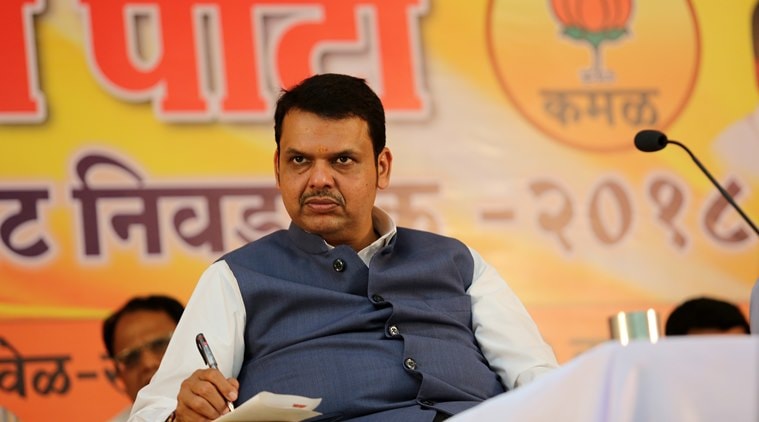
An improved e-challan system, aimed at improving transparency in the process of collecting fines from traffic violators, has been launched in six cities across Maharashtra. The advanced system, enabled with 4G-Internet network, will be rolled out in other parts of the state in April.
While the e-challan system has been available in Mumbai since 2016, when the traffic police first started issuing rule violation slips digitally, a more refined version of the system became available from January this year.
“In the first phase, we have covered Mumbai, Thane, Navi Mumbai, Pune, Pimpri-Chinchwad and Nagpur. We are monitoring how the system is working and will address the glitches before launching it in all other districts in April,” a senior police official said. The project, run by the Maharashtra State Highway Police Department, has an intranet system which allows top officials to monitor the work of personnel on the ground.
An Aurangabad-based firm, Krish Infratrade Pvt Ltd, has been roped in to provide the 4G-enabled hand-held devices for issuing e-challans to traffic violators. “The devices are connected with our internal system, so each official is able to monitor how many challans have been issued for what offence,” the official said. Additional Director General of Highway Police, Vinay Kargaonkar can now get real-time updates on the number of offences registered by each traffic police station and the amount of fines collected, the official added.
“The 4G network has made the process of sending e-challans quicker. Now, a motorist can receive a message with receipt and details of the offence on the spot on his/her phone,” the official said. The new devices are also equipped with cameras, giving the traffic police constables the option to shoot photos and/or videos of errant vehicles and their drivers.
This is also the first time that digital modes of paying fines have been introduced outside Mumbai, an option made available in the state capital in 2016. However, the police have decided to retain a cash payment option for rural areas, where using debit and credit cards has not caught up yet.